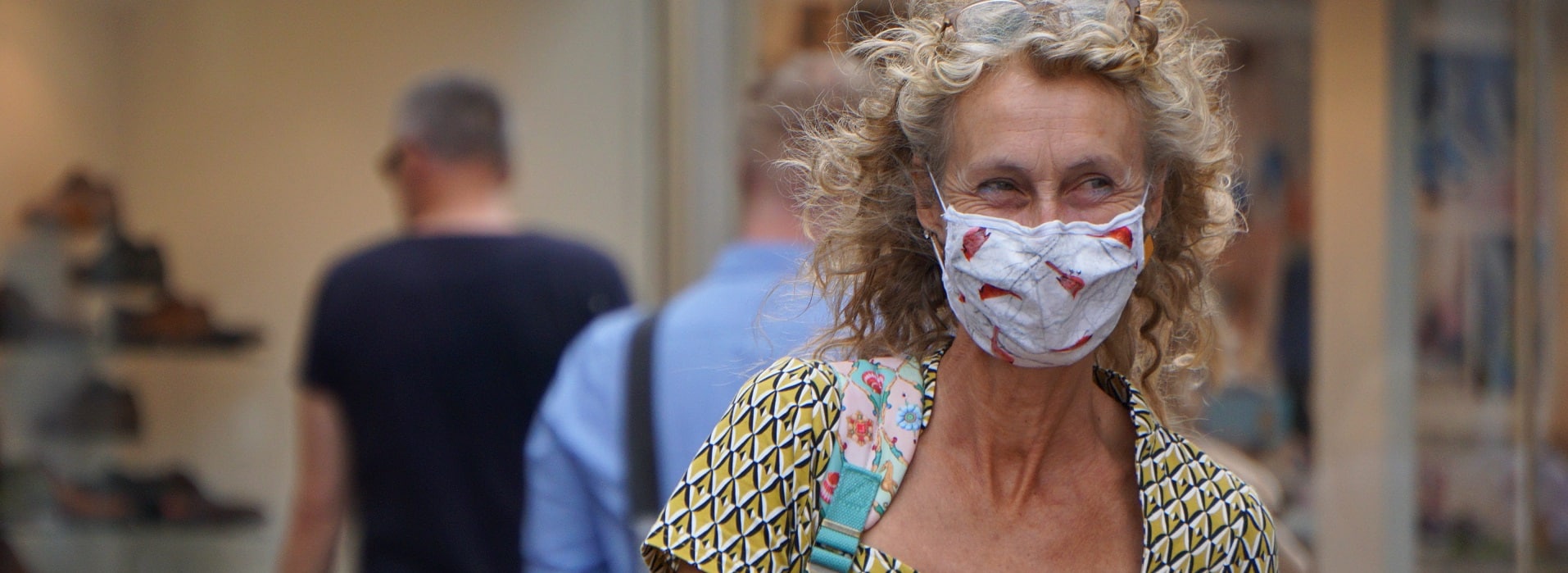
Women are leading in the fight against the pandemic and increasingly shine also in other positions in politics, economy and the society, as we highlight in our article on the theme of this years’ International Women’s Day. However, women and especially older women have also paid a heavy toll to the pandemic.
First, the disruption of care services – childhood education and care, but also home care – led mostly women to take an even larger share of unpaid care work, thus facing higher chances of having to reduce their working time, dropping out of the labour market and being exposed to poverty and social exclusion. However, the just-published EU Action Plan on the European Pillar of Social Rights contains no additional action to support informal carers.
Second, women are making up a majority of front-line workers. Especially in the care sector, many employees are older women. However, the hands clapping during the 1st wave lockdowns have not translated into better working conditions, nor much higher salaries for them. Older women face disadvantages cumulated over their life-course, as explained in a recent joint statement for the United Nations Commission on the Status of Women. The pandemic blatantly revealed persistent gender inequalities. In the European Union, there still is a gender gap in pay of 14% and a gender gap in pensions of almost 30%. While the Commission took action last week to propose pay transparency measures to close the pay gap, the Action Plan on the European Pillar of Social Rights, contains no tangible initiative to tackle the gap in current pensions. An announced initiative on minimum income might tackle also the adequacy of minimum pensions.
Third, women in need for long-term care are one of the groups mainly affected by the pandemic and mitigation measures. The terrible impact of COVID-19 on persons in need for long-term care and support has been widely documented. A majority of persons in need for long-term care and support are older women, as women tend to live longer with about the same number of healthy life years than men. Older women have been more exposed to the unacceptable sanitary situations in long-term care residences, but also to the severe and strict isolation measures and their impact on physical and mental health. AGE calls for an EU-level investigation into COVID-19 in long-term care settings, to ensure lessons are taken and this experience never repeated again. A wider reflection on long-term care has been mentioned in the Action Plan on the European Pillar of Social Rights and the consultation on the Green Paper on Ageing, an initiative has only been scheduled in 2022
Furthermore, across the world, emergency responses to the pandemic put women at increased risk of domestic violence. The context of complete isolation in which some long-term care facilities have been put during the pandemic is likely to also have increased the risks older women face to be exposed to violence, abuse or neglect in these settings.
The UN Independent Expert on the enjoyment of all human rights by older people, Claudia Mahler, is currently running a consultation on the human rights of older women and the specific challenges they face. AGE and members will respond to this public consultation, to which you can participate until 22 March 2021.
Useful links:






